10 commandments about smartphones and tablets for modern parents …
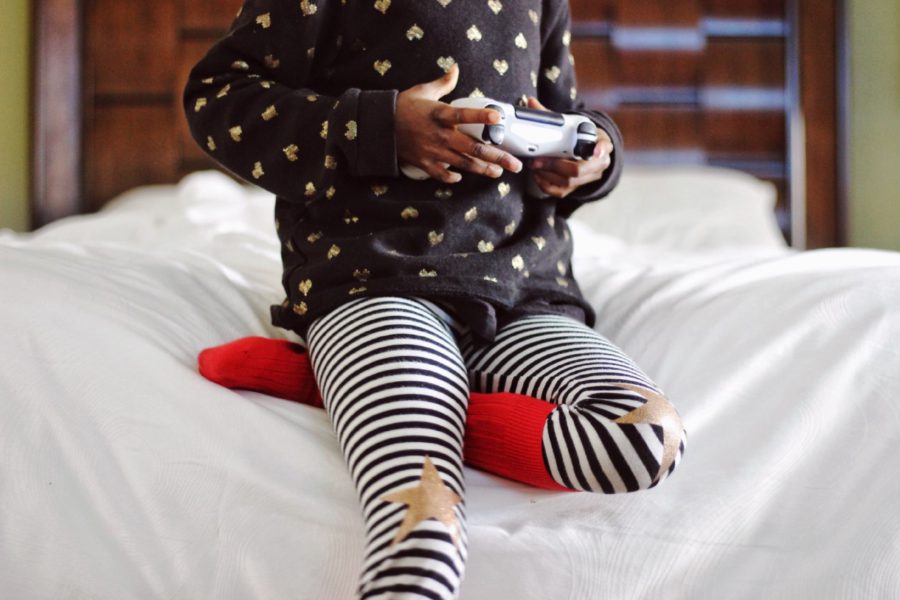
Original material by David Koff
Technology is great, cool and awesome, it makes our life more fun and bearable. Social network! Dating apps! Transportation services! A clock that shows the time and also counts steps? Super! There is something to love and something to explore, an endlessly exciting and sparkling world.
But technology also has a dark side. They are very, very quickly addictive, especially when it comes to young people. The scientific rationale for how technology is affecting young developing minds is becoming clear, the effects can result in health problems, brain damage, depression and loneliness, as well as problems with sleep and feeling safe. These are quite serious aspects, one cannot remain silent about them. They have become one of the reasons why tech executives are following the path of Steve Jobs and Bill Gates and restrict or even exclude their kids' home 'communication' with technology.
The good news is that we can provide invaluable assistance to our children through intelligent changes in the way we understand and use technology. I would like to share a few psychological attitudes, philosophical positions and methods that can be advised to any parent when dealing with issues related to technology at home.
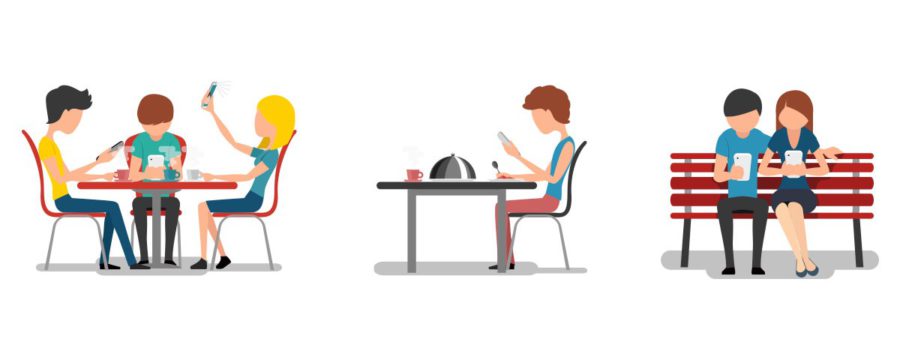
- Technology is not a baby sitter
- Teach children how to become the right 'cyber citizens'
- Limit, regulate or deny gadgets
- Home appliances are a well-deserved privilege, not a right
- Only trust your kids with a smartphone by making sure they respect technology and balance their use.
- Track what kids are doing online
- Limit or avoid social media
- Limit online activities strictly
- Eating is a time for people, not for gadgets
- Be a parent, not a friend
Technology is not a baby sitter
As a parent, you are responsible for much more than just giving your child a tablet and saying, 'Have fun.' Having and using technology in the home is an investment in your child's future, and that investment will definitely require your personal time, patience and dedication.
If you are not ready to understand and monitor how your children use a particular technique, then please do not give it to them. I know it sounds harsh. But as parents, you must not only learn about technology, but also get involved in its use so that you can later ensure that it is safe for children to use. Home technology is your responsibility. Use them safely or do not use them at all.
Teach children how to become the right 'cyber citizens'
Do your kids run around grocery stores screaming? Bullying clothes in coffee shops, exposing causal places? Do you stand and watch indifferently as they bully or push a child who is not like them? No? Hence, it is necessary to explain that one cannot behave in a similar way in the network.
Take the time to teach children how to be kind, online and in real communication. Show them the difference between kind and rude comments, make sure they understand the difference. And when the conversation about 'pistils and stamens' comes up, you need to talk about online sex: selfies, sexual correspondence and nudity, even if it occurs in disappearing pictures, such as in Snapchat.

It is the responsibility of parents to ensure that children understand that they should not, under any circumstances, allow anyone to touch them in an obscene manner or send them obscene pictures. The same goes for teaching children that they themselves should not do anything like that. A good internet citizen starts with good parenting.
Limit, regulate or deny gadgets
If you were born, say, before 1984, then you grew up without smartphones and tablets. You found real live frogs and played with them, instead of watching the videos with frogs in the app. You played in the playground with other peers, instead of chatting online in the same community. You have played board games, but face to face, sitting at the same table, not alone and separated by technology.
Thanks to the unknown magic, quite normal people have grown out of you, so remember: this approach will also be useful for your children. Decide for them and help to become healthy and socialized people. They still have time to live an online life, but they have only one childhood. Let the children enjoy them the way you did. Buy them a construction set, a model of a wooden house, electronic kits for scientific experiments, take them to a museum, theater, planetarium. And don't forget about forest hikes, beach walks, and lake boat trips to shape the experience of being close to nature.
Home appliances are a well-deserved privilege, not a right
I encourage parents to think about technology – and especially social media – the way my parents treated television in my childhood: a limited privilege on a limited list of places. When we came home from school, we watched an hour-long animated series on TV and then sat down to lessons. Homework was done in our rooms, where there were no televisions or telephones. If grades or behavior were lame, then the privilege of watching TV was withdrawn, sometimes even for a month.
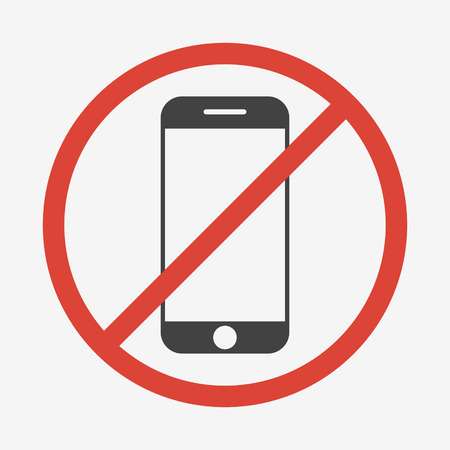
The same concept applies to today in the context of modern parents and modern technology, so strict rules and guidelines should not be abandoned. Limit the amount of time you spend online or in front of the screen, do not allow computers to be in the bedroom, and treat them as a privilege.
Only trust your kids with a smartphone by making sure they respect technology and balance their use.
As a parent, it is important for you to understand the difference between needs and wants. Your ten-year-old may want to text, email, and share on social media, but this is not vital. However, as a responsible parent, you must provide your child with a way to contact you in an emergency. The first scenario requires a smartphone; in the second, a conventional clamshell is enough. They are inexpensive and still allow you to make calls.
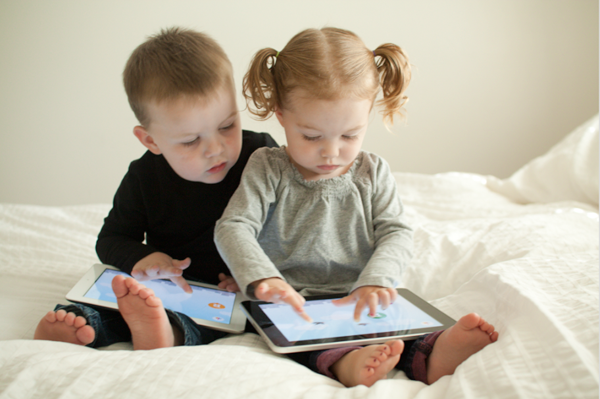
Remember that using smartphones requires a certain level of self-control from children, which they may develop later than their peers. If you refrain from buying a smartphone, they will complain that all their friends already have them. It may be true. Maybe they will complain that they look stupid without a smartphone or feel like outcasts. Maybe this.
My advice? Smile, hug your child and explain the truth: addiction to technology is quite real and can sometimes lead to depression and suicide, and you love him / her too much to trust this wonderful tool ahead of time, while at the same time imposing a difficult responsibility
Track what kids are doing online
In addition to cartoons, we watched TV with the whole family, so my parents could follow what I was watching. A similar approach can be carried over to children's travel on the net. If you decide to allow your child to have and use a smartphone, then know that you are also responsible for what the minor does with him, and the responsibility is not theoretical, but quite legal. In many states in the United States, parents are civilly responsible for their children's malicious online activity.
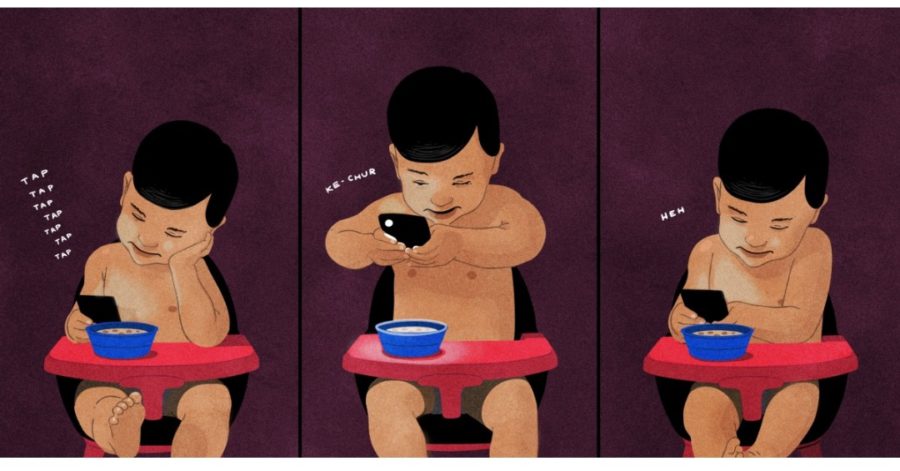
To prevent this behavior, there are many smartphone and PC apps to track online activity. Be honest about this and let the kids know that you are watching what they do online for their own safety and the safety of others. You do not want your child to be bullied on the net or harassed by various unpleasant personalities, and even more so you will not like it if your child does this. If you allow children to have and maintain social media profiles, inform them that you will subscribe to them on those platforms and actually do so.
Limit or avoid social media
There are no easy ways, so I will say without embellishment: you must protect children and yourself from using social networks for as long as possible. Jean Twenge, a psychologist at San Diego State University, wrote in the Atlantic magazine that “teens who spend more than three hours a day on electronic devices have a 35% higher risk of suicide. This figure is significantly higher than when watching TV. Considering that in 2011, for the first time in over 20 years, suicide caused more adolescent deaths than external violence, research like this is worth taking seriously.
Twenge talked to a thirteen-year-old girl, this is what she said: 'We have not had the opportunity to know life without iPad and iPhone. I think we like phones more than real people. ' In most cases, social media isolates people. In turn, this isolation creates loneliness, the syndrome of missed opportunities and the comparison of someone's seemingly perfect and cleaned up online life with our so different and imperfect lives. Teenagers do not yet understand this with their immature brains, and without your help and support, they are at high risk. Help kids by not only teaching them the difference between real life and online communication, but also providing them with access to real life without devices.
Limit online activities strictly
If you have children, I think you don't want them to view porn on your home network, much less in the company of visiting friends. I advise you to exclude such a development of events.
There are a number of free tools to block questionable sites and filter your home Wi-Fi network. I use OpenDNS: this service changes only one item of the settings of the home Wi-Fi router and passes all information from it through the OpenDNS server, and not through the server of the Internet provider. This prevents the following content from being downloaded to any device connected to the network. Magic! And don't worry, OpenDNS provides simple instructions on how to change settings on any router.
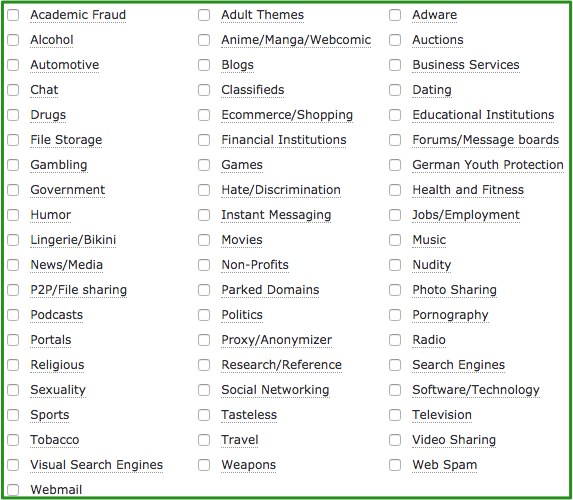
Eating is a time for people, not for gadgets
When my wife and I go to a restaurant, every time we are unpleasantly surprised by the number of families at tables, where everyone is buried in a smartphone or tablet and pays no attention to anyone. Unfortunately, we see the same picture when we visit friends or family members. We often wonder how this could have happened, because twenty years ago we could not even imagine anything like this.
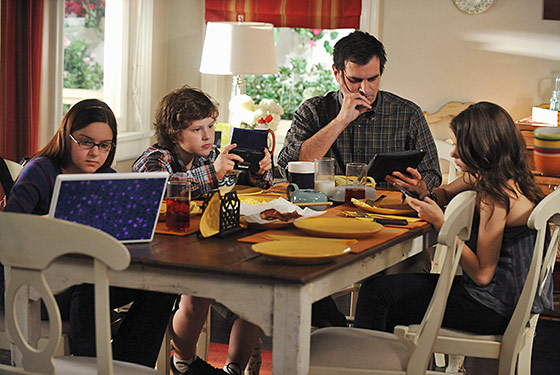
Give your children and yourself human interaction. When you sit at the family table, remove the tech from it. No amount of correspondence, social media, emails or phone calls can be more important than the time spent with family. The only exception might be when you work for the first responder.
Be a parent, not a friend
Friends and acquaintances of your children at a certain stage will encourage them to throw out some reckless, stupid and not always safe trick. You will do the exact opposite, of course, protect and encourage children to grow up to be responsible. Your child is not your friend. This means that you will say 'no' in response to a lot of crazy requests, ideas and concepts. You need to come to terms with this even before the moment when it comes to technology.
Do you have similar rules or guidelines in your life?
Original material by David Koff
